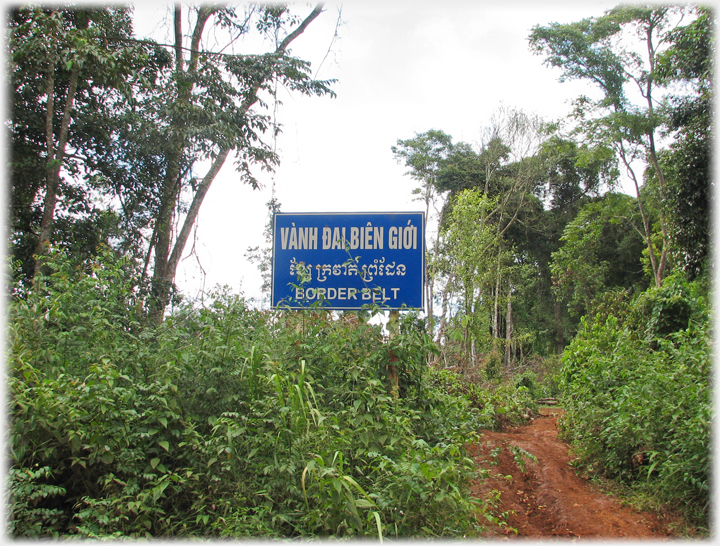
Translating Realities
Every time the left hemisphere tries to interpret information coming from the right - such as trying to put into words the ineffable qualities of music or art - at least some forms of confabulation may arise because the left hemisphere starts spinning a yarn when it doesn’t get the expected information from the right… It is no different in kind from problems that arise from any translation, and thus there is no need to invoke a great division in nature between the world of qualia [mental experiences] and the material world. There is only one world with lots of translation barriers.
V. S. Ramachandran and Sandra Blakeslee (1998)

Borders, barriers, divisions,
boundaries;
 Once a boundary; division between the hemispheres is now seen as more profound.
how should we conceptualise the gap between the logical, objectifying left half of
our brains
Once a boundary; division between the hemispheres is now seen as more profound.
how should we conceptualise the gap between the logical, objectifying left half of
our brains
 McGilchrist’s writes extensively on this hemisphere divide, although here he is contrasting subjective and objective.
that must reach agreement with the globalizing, lover of the ineffable, right half, so that they can command a single operation such as pointing my finger. Languages offer a good
analogy
McGilchrist’s writes extensively on this hemisphere divide, although here he is contrasting subjective and objective.
that must reach agreement with the globalizing, lover of the ineffable, right half, so that they can command a single operation such as pointing my finger. Languages offer a good
analogy
 A valuable tool in understanding, but with warnings on side effects.
for the problem. The division between Vietnamese (top), Khmer and English certainly leads Google Translate into humorous cul-de-sacs with anything at all complex, for then what is being ‘translated’ between, say, English and Vietnamese, is not labels on
a tin,
A valuable tool in understanding, but with warnings on side effects.
for the problem. The division between Vietnamese (top), Khmer and English certainly leads Google Translate into humorous cul-de-sacs with anything at all complex, for then what is being ‘translated’ between, say, English and Vietnamese, is not labels on
a tin,
 A classic view of language which no longer fits what we now know.
as it is in the above case, but culturally unique attitudes, orientations and constructions. Indeed, it is sometimes held, as with the Sapir-Whorf hypothesis, that language translation can require translation between different realities. If Scots has 421* words for snow, and my Viet friend has never been in snow’s presence, how does language fare in bridging the gap? Should we be surprised when sometimes one hemisphere gives up on the challenge, and spins a yarn!
A classic view of language which no longer fits what we now know.
as it is in the above case, but culturally unique attitudes, orientations and constructions. Indeed, it is sometimes held, as with the Sapir-Whorf hypothesis, that language translation can require translation between different realities. If Scots has 421* words for snow, and my Viet friend has never been in snow’s presence, how does language fare in bridging the gap? Should we be surprised when sometimes one hemisphere gives up on the challenge, and spins a yarn!
Ramachandran is a neuropsychologist, and writer of accessible accounts of a difficult subject, he and Blakeslee’s book, Phantoms in the Brain was published by Fourth Estate. The quotes are from note 16 on page 283, and from page 232 of the 2005 Harper paperback edition.
*BBC News 23 September 2015 Scots ‘have 421 words’ for snow, Glasgow University researchers find.
The photograph was taken on the Vietnamese side of the border with Cambodia in Đắk Nông Province.
Above, hovering on blue introduces a link: click to go, move away to stay.

Saturday 15th March 2025
 ...guide to this site
...guide to this site